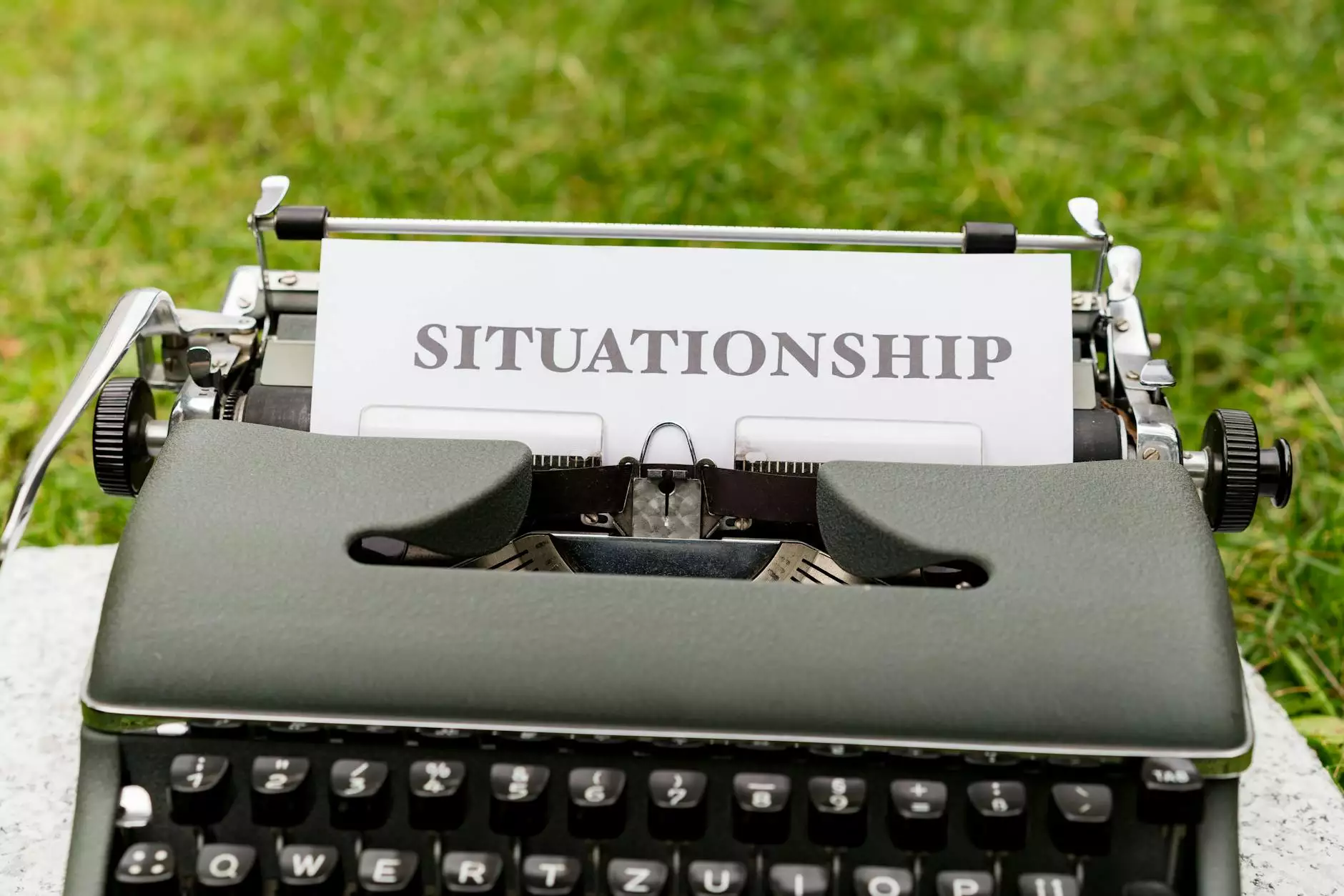Understanding the Role of a Litigation Law Office

Litigation law offices play a crucial role in the legal landscape, offering a variety of services to clients involved in disputes. Whether it's a business conflict, personal injury claim, or a family legal issue, the expertise of a litigation attorney can make all the difference. This article provides an in-depth look at what litigation law offices do, the types of cases they handle, and why hiring a skilled attorney can benefit anyone facing legal challenges.
What is a Litigation Law Office?
A litigation law office is a legal practice that specializes in representing clients in lawsuits and legal disputes. These offices employ attorneys who are skilled in various aspects of litigation, from case evaluation to negotiation and trial representation.
Key Functions of a Litigation Law Office
Litigation law offices perform several essential functions, which include:
- Case Evaluation: Assessing the merits of a case and advising clients on the best course of action.
- Drafting Legal Documents: Preparing necessary legal documents, including pleadings, motions, and complaints.
- Discovery: Engaging in the discovery process, which involves gathering and exchanging relevant information with the opposing party.
- Negotiation: Negotiating settlements to resolve disputes without going to trial.
- Trial Representation: Advocating for clients in court, presenting evidence, and making legal arguments.
- Appeals: Handling appeals when a client seeks to challenge a court’s decision.
Types of Cases Handled by Litigation Law Offices
Litigation law offices handle a diverse array of cases, which may include:
- Business Litigation: Disputes among business partners, contract breaches, and commercial conflicts.
- Personal Injury Cases: Claims arising from accidents, medical malpractice, and wrongful deaths.
- Family Law Disputes: Cases involving divorce, child custody, and domestic violence issues.
- Employment Litigation: Disputes related to workplace issues, including harassment and wrongful termination.
- Real Estate Litigation: Conflicts regarding property disputes, lease agreements, and zoning issues.
The Importance of Hiring a Skilled Attorney
When facing a legal dispute, it is essential to hire a skilled attorney from a reputable litigation law office. Here are several reasons why hiring a litigation attorney is crucial:
- Expertise: Litigation attorneys possess the knowledge and experience necessary to navigate complex legal processes.
- Advocacy: They serve as strong advocates for their clients, representing their interests in negotiations and trials.
- Strategic Planning: Skilled attorneys develop effective strategies tailored to the specifics of the case.
- Resource Availability: They have access to resources, investigative tools, and expert witnesses that can strengthen a case.
- Peace of Mind: Having legal representation allows clients to focus on other aspects of their lives while their attorney handles the intricate details of their case.
Understanding the Litigation Process
The litigation process can be intricate and lengthy, often involving several stages:
1. Pre-Litigation
Before a lawsuit is filed, attorneys typically conduct investigations and gather evidence to support their client's claims or defenses. This stage also involves sending demand letters to the opposing party to seek resolution without the need for litigation.
2. Filing a Complaint
If pre-litigation efforts fail, the next step is to file a formal complaint in court. This document outlines the plaintiff's allegations and the desired relief.
3. Response from the Defendant
The defendant will respond to the complaint, usually via an answer or a motion to dismiss. This stage is crucial as it sets the tone for the ensuing litigation.
4. Discovery Phase
During discovery, both parties exchange information pertinent to the case. This phase can involve interrogatories, depositions, and requests for documents.
5. Pre-Trial Motions
Before a trial begins, parties may file various motions to resolve issues and clarify matters in dispute. These may include motions for summary judgment.
6. Trial
If the case does not settle, it will proceed to trial. Here, attorneys present their evidence, examine witnesses, and make legal arguments before a judge or jury.
7. Post-Trial Motions and Appeals
After a verdict is reached, parties may file post-trial motions or appeals if they believe there were legal errors during the trial.
Benefits of Resolving Legal Disputes Outside of Court
While litigation is sometimes unavoidable, resolving disputes outside of court can have several advantages:
- Cost-Effective: Alternative dispute resolution methods, such as mediation and arbitration, are often less expensive than going to trial.
- Time-Saving: Settling out of court usually leads to quicker resolutions, allowing parties to move forward with their lives.
- Confidentiality: Many out-of-court settlements are confidential, protecting the parties' privacy.
- Control Over Outcomes: Negotiation and mediation allow parties more control over the resolution compared to a court decision.
- Preservation of Relationships: Settling disputes amicably can help maintain important interpersonal or business relationships.
Choosing the Right Litigation Law Office
Selecting the right litigation law office is vital for the success of your case. Here are some tips on how to choose an appropriate attorney:
- Experience: Look for attorneys with a strong track record in handling cases similar to yours.
- Reputation: Research reviews and ratings to gauge the reputation of the law firm.
- Communication: Choose a lawyer who communicates clearly and promptly addresses your concerns.
- Consultations: Take advantage of initial consultations to evaluate the attorney's approach and rapport.
- Fees: Ensure you understand the fee structure and any potential costs associated with your case.
Conclusion
In conclusion, litigation law offices are integral to the legal process, ensuring that clients receive the advocacy and expertise they need during complex legal disputes. From initial case evaluation to trial representation, skilled litigation attorneys guide their clients through every stage of the legal process. Understanding the functions of a litigation law office and the civil litigation process can empower individuals and businesses to make informed decisions when faced with legal challenges.
For those seeking effective legal representation, contacting a reputable litigation law office, such as fjp-law.com, can be the first step toward resolving disputes and achieving justice.



